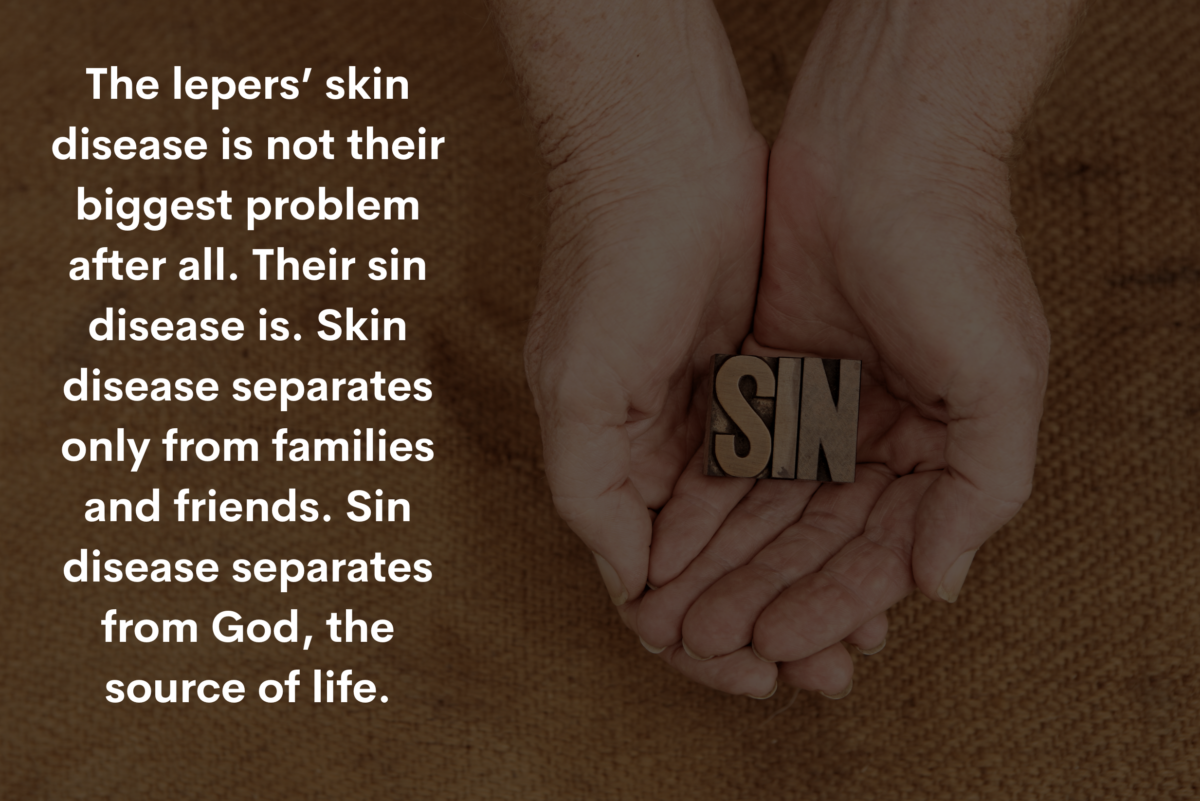In the exploration of Bahá’í teachings, one encounters a unique perspective that intricately weaves the concepts of sin and disease. This synthesis is particularly vital to fostering a holistic understanding of the human condition and spiritual development. The Bahá’í viewpoint equates the physical maladies we face with deeper spiritual afflictions, positing that our moral shortcomings can manifest in various forms of dis-ease. This article delves into the profound relationship between sin and disease as delineated in Bahá’í scripture and teachings, illustrating the multifaceted nature of this connection.
The Spiritual and Physical Interrelationship
To comprehend the link between sin and disease within the Bahá’í paradigm, it is essential to first appreciate the overarching principle of oneness—the belief that the material and spiritual worlds are interconnected. This doctrine suggests that human actions, thoughts, and intentions are intricately linked to both spiritual and physical health. The Bahá’í writings frequently assert that the soul’s journey is interdependent upon the kind of ethical decisions one makes throughout life; thus, a deficiency in moral behavior can precipitate a deterioration of physical health.
The concept of sin in the Bahá’í Faith extends beyond mere transgression of divine laws. It encompasses all actions that express ignorance of God’s purpose. Therefore, it may be deduced that both physical disease and spiritual failing stem from an underlying disconnection from the divine source. This disconnection gives rise to an array of negative consequences, not only affecting the individual but also resonating throughout the community.
Types of Sin and Corresponding Diseases
Bahá’í teachings enumerate various types of sins—ranging from moral failings like dishonesty and pride to social vices such as prejudice and inequality. Each of these moral defects can manifest in physical forms such as stress-induced ailments, psychological disorders, or chronic diseases. This link is especially poignant in the case of stress and anxiety, both of which are often compounded by a person’s moral dilemmas and ethical conflicts.
For instance, consider the sin of oppression. Those who engage in acts of oppression against others may experience heightened levels of stress and anxiety, leading to psychosomatic illnesses, chronic pain, and other stress-related health issues. On the other hand, the practice of justice and kindness can lead to psychological and physical wellbeing, reinforcing the principle that virtuous living fosters a healthier existence.
The Role of Repentance and Healing
The Bahá’í approach encourages individuals to engage in repentance as a means to transcend their shortcomings. Repentance is seen as a transformative process that not only reconciles the individual with God but also opens pathways to healing. By acknowledging one’s sins and striving to turn away from them, a person may experience an elevation in spiritual consciousness, which is likely to positively influence their overall health.
Furthermore, the concept of healing extends beyond the individual. In a community that prioritizes spiritual growth and fosters an environment of love and unity, the collective wellbeing improves. The interconnectedness of all human souls implies that healing is a shared responsibility—individuals must seek to uplift one another, thereby collectively reducing the incidence of both spiritual and physical afflictions.
Community and the Healing Process
In Bahá’í communities, the interdependence of individuals creates a nurturing atmosphere conducive to healing. Group prayer, collective action, and service are actions that bring individuals together in a spirit of cooperation, which is central to overcoming the maladies of both heart and body. The community creates a supportive environment where individuals are encouraged to rectify their shortcomings and align themselves more closely with divine attributes.
Communal healing also manifests in social reforms. Bahá’í teachings advocate for the elimination of prejudice and the establishment of justice as a pathway to creating healthier societies. When social structures are fortified with principles of equity and compassion, the prevalence of social and personal dis-ease diminishes, contributing to the overall health of the community.
Complementary Health Practices
The Bahá’í Faith also acknowledges the importance of physical health and the role of science in understanding and treating diseases. It does not reject biomedical approaches but rather complements them with spiritual principles. Acknowledging the dual facets of human existence, followers are encouraged to seek both spiritual nourishment through prayer and community engagement and practical solutions through medical science.
Integrating holistic health practices into daily living—such as meditation, healthy eating, regular exercise, and community service—aligns with Bahá’í principles, thereby enhancing both spiritual and physical health. Spiritual practices promote inner peace, which can alleviate many stress-related diseases while fostering a deeper connection with the divine.
A Concluding Reflection
The Bahá’í teachings present a compelling framework for understanding the intricate relationship between sin and disease. By recognizing that moral failings can lead to physical ailments, adherents are encouraged to strive for ethical living. Through the processes of repentance, community engagement, and the integration of spiritual and material wellbeing, individuals can cultivate a life that honors both the spirit and the body. Those who pursue the path of righteousness are afforded not only the promise of spiritual enlightenment but also the prospect of a healthier, more harmonious life. In this paradigm, the journey toward understanding and addressing sin and disease becomes a profound exploration of the very essence of being human.
